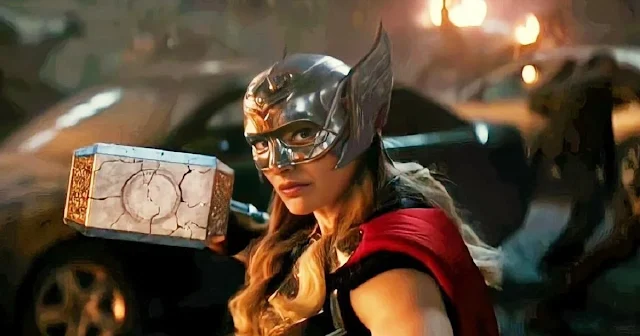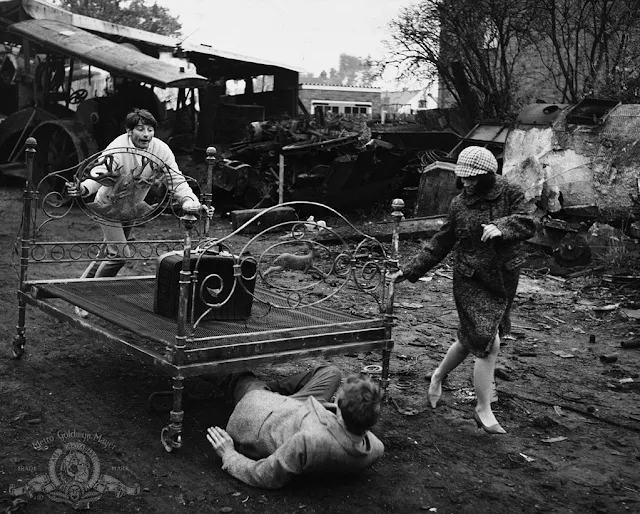Cast: Andy Lau, Maggie Cheung, Jacky Cheung, Alex Man, Ronald Wong, Ang Wong, Huang Pa-Ching. Screenplay: Jeffrey Lau, Wong Kar-Wai. Cinematography: Andrew Lau. Production design: William Chang. Film editing: Cheong Bei-Dak, Kai Kit-Wai. Music: Danny Chung, Teddy Robin Kwan.
It takes mastery of a genre to transcend that genre, as Martin Scorsese did with the gangster film and Douglas Sirk did with the romantic melodrama, and Wong Kar-Wai does just that with his first feature, As Tears Go By. Scorsese looms larger here, in that his Mean Streets (1973) was an acknowledged influence on Wong’s film, but I can’t help seeing touches of Sirk in the portrayal of the romance between Wah (Andy Lau) and Ngor (Maggie Cheung). Yet Wong is very much his own man, and the film is a smashing (in all senses of the word) success full of fire and energy, yet able to show the ameliorating effect that Ngor has on the initially standoffish Wah, preoccupied with making his way in the underworld and defending his friend Fly (Jacky Cheung). The use on the soundtrack of Sandy Lam’s version of Giorgio Moroder and Tom Whitlock’s Oscar-winning “Take My Breath Away” evokes its source, Top Gun (Tony Scott, 1986), but it also accentuates the pop-culture-saturated milieu in which the action and the romance take place.




















































